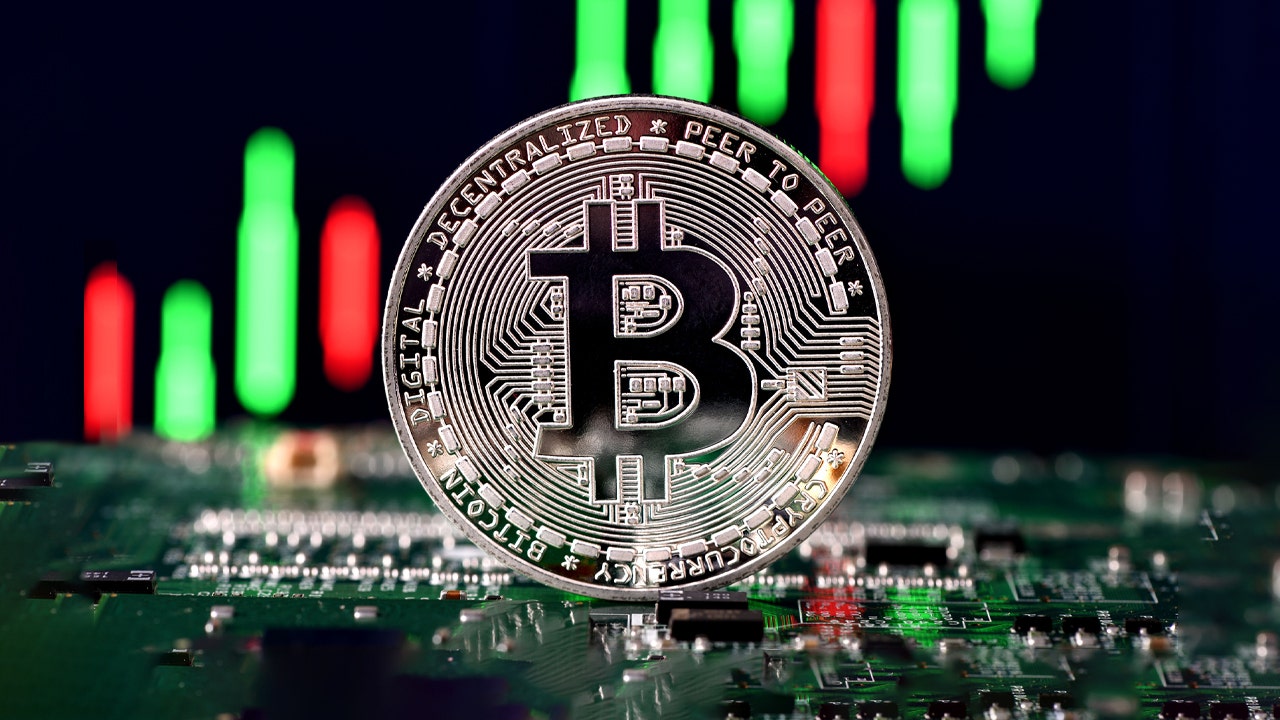
Perhaps your best friend or partner is discussing cryptocurrency. Maybe you have seen it on the news or in social media. You want to learn about the new technology people tell you to invest.
Select provides an overview of cryptocurrency and what you should look out for before investing.
A cryptocurrency, at its most basic, is a digital asset that uses computer code and blockchain technology in order to operate somewhat independently of a central party (either a person, company or central bank) to manage it.
Blockchain is a ledger that keeps track of all cryptocurrency transactions. This ledger keeps track of all transactions across all computers connected to a distributed network. The transactions in cryptocurrency protocols are combined in blocks and linked together to create a historical record that records everything that has happened on the blockchain.
Bitcoin, the first cryptocurrency, was created to be a payment system for the internet. It is faster, cheaper, more resistant to censorship, and does not have to be subject to any central bank or government’s dictates.
There are many cryptocurrencies available today. Although they are still used as payment methods, many cryptocurrencies can be used for lending, borrowing and digital storage. One of the most common uses for this technology is speculation. This involves buying in the hope that the price will rise and the holders can make money.
The vision behind cryptocurrency is a peer to peer electronic currency system that isn’t controlled by a central authority. It is therefore fast, cheap, and invulnerable for censorship (for example, PayPal blocking gun sale) or other forms of corruption.
Although the definition of crypto assets is fluid, there are a few features:
Cryptography This is where the term “crypto” comes from.
Cryptography is a technique for protecting information and communications.
Public key cryptography is what is used in cryptocurrencies.
Public key cryptography uses a public key. This key can be shared with other people. In cryptocurrency, this key can be shared with other people to send you crypto.
You also have a private key that you don’t share with anyone.
The private key is like a password.
It protects your crypto assets and is used for signing transactions you initiate to other parties.Transparency Cryptography is based on transparency.
The code used in these protocols is much of open source and freely available for modification.
Every crypto transaction is timestamped to blockchain, creating a public chronology or provenance of ownership or custody.Digital assets/crypto assets: This term refers to all the unique assets created by the blockchain revolution. It uses cryptography.
This category includes crypto tokens and cryptocurrencies.Cryptocurrency These crypto assets, also known as crypto coins, are native to blockchains.
For example, bitcoin (BTC), is the native currency of the Bitcoin blockchain while ether (ETH), is the native cryptocurrency for the Ethereum blockchain.
These coins can be used to pay transaction fees as well as compensate miners (or users who verify transactions).Crypto tokens These crypto assets don’t have a blockchain.
The blockchain that crypto tokens are built on is an existing one.
Although Ethereum is the most widely used blockchain for building tokens, there are many other blockchains that can also support it.
The Ethereum blockchain was used to build the art NFT for Beeple which sold for $69 million.
This category also includes Decentralized Finance (DeFi), tokens.Incentives Cryptocurrency protocol are designed with game theory components to ensure that all users act in a manner that maintains the system’s integrity.
Bitcoin miners, for example, must use computer power in order to verify transactions.
Newly minted coins are distributed automatically to miners after they verify a block transaction. This is in order to compensate for the hard work that miners put in.
This incentivizes miners to verify transactions and continues to work hard.
Many terms used interchangeably in the crypto space can make it confusing for those new to the field. There are three types of crypto.
Since its inception in 2009, the blockchain and cryptocurrency ecosystem has grown to become a billion-dollar sector. Cryptocurrencies have a total market capital of over $1 trillion.
This technology has prompted some significant innovation both internally and externally. Financial services providers and other industries have been forced to improve their processes to meet the expectations of people who transact and communicate online. Many have begun to reevaluate the remittance industry as well as other payment networks due to the ease and cost-effectiveness of cross-border cryptocurrency transactions. Western Union.
Data The industry produces a lot of data because it is built on transparency.
The market capitalization is the sum of all coins and tokens that have been issued. It’s a key indicator in this space.
On sites like CoinGecko or CoinMarketCap, you can compare cryptocurrency data.Use Cases: It is useful to know how many active users a network currently has, and what they are doing on it.
What problem is the project trying to solve?
What level of adoption can a protocol achieve, from both individual users and business?Developer activity Separately protocols with a large developer community are often regarded as better projects because there are many people involved in maintaining and improving the codebase.The team: It can be helpful, but also difficult to find the team behind a cryptocurrency-related project.
Many users, developers, and even the C-suite prefer anonymity in crypto, so they use only a pseudonym.
But that doesn’t mean projects can’t be trusted.
Cryptocurrency, being an open system, aims to make financial services more accessible to people who otherwise might be barred from the traditional banking system. The industry promotes self-sovereignty, which allows individuals to retain control of their data, whether it is their identity or money.
There are still risks associated with investing in cryptocurrency and other financial systems that aren’t regulated by government. These include hacks and lost passwords which can result in people losing their accounts or getting locked out. These accounts are not FDIC insured.
The fact that cryptocurrency is not under the control of government allows individuals and organisations to circumvent laws, restrictions, and regulatory oversight. It was first used to make donations to WikiLeaks. This was after the U.S. government made Visa and Mastercard stop accepting transactions to the group. Some Venezuelans are now using bitcoin to store their value after bolivars were made nearly worthless by the Venezuelan government. But cryptocurrencies also facilitate illicit activities such as money laundering.
Although there are many methods to analyze crypto assets or projects, there isn’t one way to find the next big thing. These are some important things to keep in mind when researching cryptocurrency:
Cryptocurrencies and crypto tokens are relatively new investments, with only a few years of history. These digital assets are made with experimental technology and there is a thin regulatory oversight that changes constantly. Crypto assets are therefore considered a more risky investment than traditional assets like bonds and stocks.





